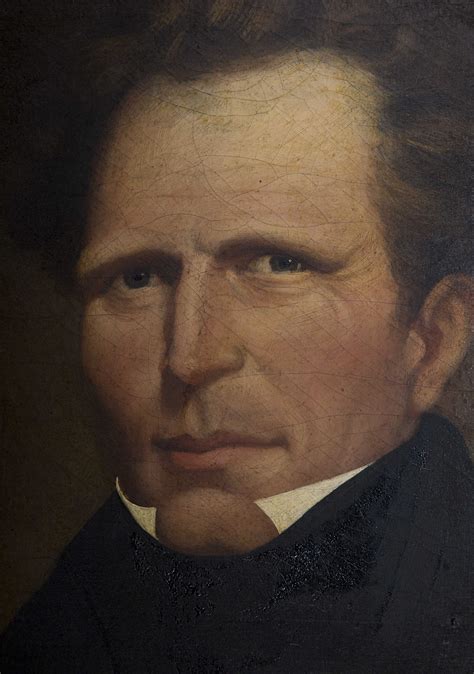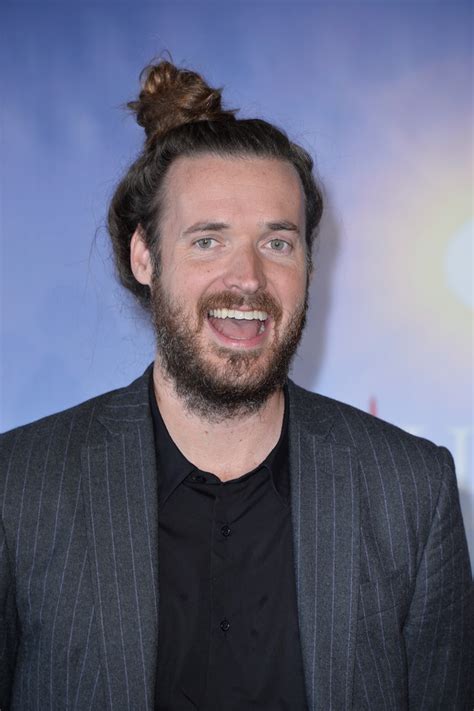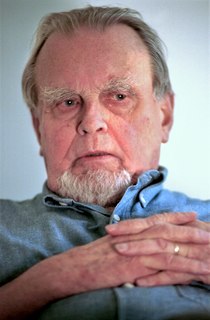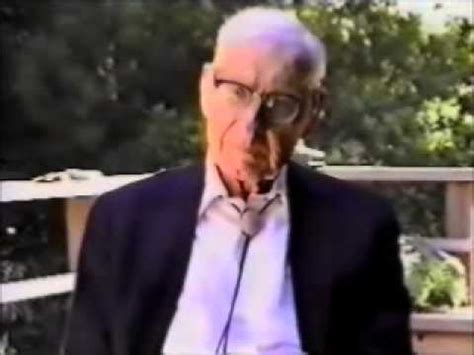A Quote by Charles Pierce
There is one thing even more vital to science than intelligent methods; and that is, the sincere desire to find out the truth, whatever it may be.
Related Quotes
There are millions and millions of species, including organisms most people have never heard of. There is so much that waits to be told. We don't know the functions of most of them, but they may be more vital for the planet's future sustainability than we can even dream. And we have to find out; we need to be doing this sort of study.
Desire for approval and recognition is a healthy motive, but the desire to be acknowledged as better, stronger, or more intelligent than a fellow being or fellow scholar easily leads to an excessively egoistic psychological adjustment, which may become injurious for the individual and for the community.
In physical science a first essential step in the direction of learning any subject is to find principles of numerical reckoning and practicable methods for measuring some quality connected with it. I often say that when you can measure what you are speaking about, and express it in numbers, you know something about it; but when you cannot measure it, when you cannot express it in numbers, your knowledge is of a meagre and unsatisfactory kind; it may be the beginning of knowledge, but you have scarcely in your thoughts advanced to the stage of science, whatever the matter may be.
In my work, I am not attempting to predict the future. I am only pointing out what is possible with the intelligent application and humane use of science and technology. This does not call for scientists to manage society. What I suggest is applying the methods of science to the social system for the benefit of human kind and the environment.
I conclude that, while it is true that science cannot decide questions of value, that is because they cannot be intellectually decided at all, and lie outside the realm of truth and falsehood. Whatever knowledge is attainable, must be attained by scientific methods; and what science cannot discover, mankind cannot know.
We are morphing as we go through things, and then we're presented with the notion of a soul. A soul implies more than just the preservation of energy. Science will tell you that you can explode a person, but their energy still exists - even if they're decimated, the universe will preserve that in the form of heat or whatever it is. So there's a preservation of our molecules or whatever, but is there a preservation of a thing that's called the self if that thing is not actually ever one thing?
When we are clear enough about our own point of view, we can find help in the methods of Eastern Christianity or in the ways of the Far East, perhaps by consulting the I Ching or through mandala contemplation; we may even find help in the ways of shamanism or Islam. If we are clear about where we stand and the direction we must take, such methods may be useful in order to follow our own way to the end.
If you thought you were trying to find out more about it because you're gonna get an answer to some deep philosophical question...you may be wrong! It may be that you can't get an answer to that particular question by finding out more about the character of nature. But my interest in science is to simply find out about the world.
When I have a difficult subject before me - when I find the road narrow, and can see no other way of teaching a well established truth except by pleasing one intelligent man and displeasing ten thousand fools - I prefer to address myself to the one man, and to take no notice whatever of the condemnation of the multitude; I prefer to extricate that intelligent man from his embarrassment and show him the cause of his perplexity, so that he may attain perfection and be at peace.
The need for truth is not constant; no more than is the need for repose. An idea which is a distortion may have a greater intellectual thrust than the truth; it may better serve the needs of the spirit, which vary. The truth is balance, but the opposite of truth, which is unbalance, may not be a lie.
Science is a way of thinking much more than it is a body of knowledge. Its goal is to find out how the world works, to seek what regularities there may be, to penetrate to the connections of things-from subatomic particles, which may be the constituents of all matter, to living organisms, the human social community, and thence to the cosmos as a whole.








































